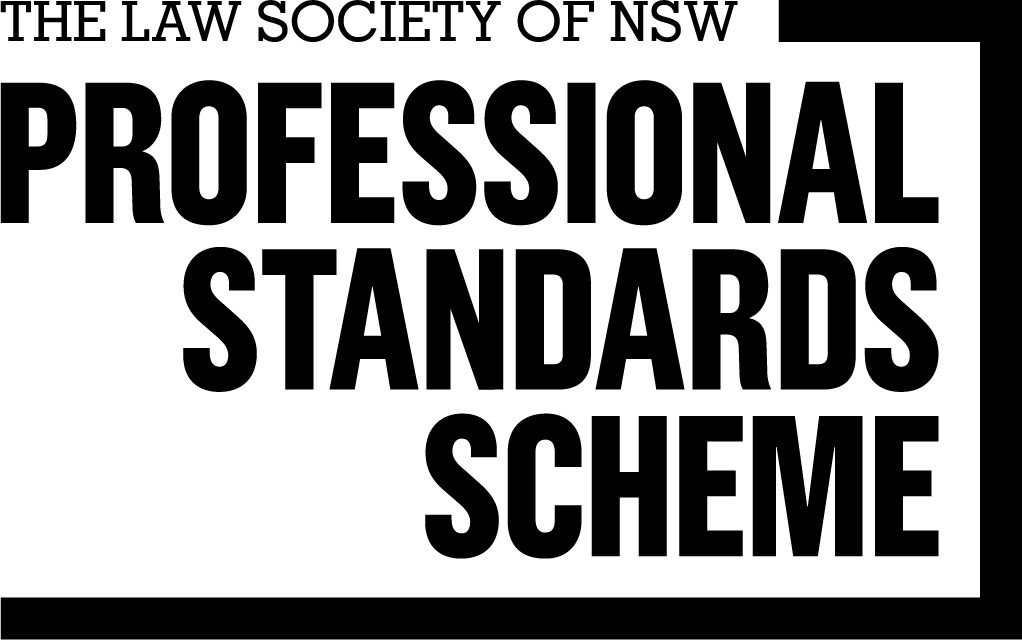In Charlie Bridge Street Pty Limited v Petrazzuolo: Petrazzuolo v Charlie Bridge Street Pty Limited [2019] NSWCATCD1, Senior Member Bluth held that the provision of a lease requiring a lessor to give notice before re-entry based on a failure to pay rent, was “inoperable” [56].
The case concerned a lessee who was in default in the payment of rent. The lease relevantly said that the lessor could re-enter if the “lessee has not complied with any term…where a lessor’s notice is not required under s 129 of the Conveyancing Act 1919…and the lessor has given at least 14 days notice…” [32].
The lessor re-entered without notice, and the lessee sought damages for wrongful termination.
As noted above, the Tribunal held the provision of the lease requiring notice to be inoperable, and that notice was not required.
This is a fairly serious conclusion, since many leases include provision by which notice of default in the payment of rent is required before a lessor can re-enter, and lessees have a not-unreasonable expectation (based on agreed lease provisions) that they will be accorded the agreed period of notice before a re-entry will be exercised. If correct, the decision means that lessors can re-enter for non-payment of rent without notice, despite provision in the lease to say that notice is first required.
The analysis of s 129 by the Tribunal commenced at s 129(1), which says in summary that a right of re-entry for breach of any covenant shall not be enforceable unless and until the lessor serves notice of the breach and allows the lessee a reasonable time in which to remedy.
Section 129(8) then qualifies this requirement in relation to rent:
“(8) This section shall not affect the law relating to re-entry…in case of non-payment of rent”.
Section 129(10) goes on to say:
“(10) This section…shall have effect notwithstanding any stipulation to the contrary”.
Bluth SM reasoned that:
- at common law, notice is not required for re-entry based on default in the payment of rent;
- s 129(10) says that s 129 (including s 129(8)) has effect, notwithstanding any stipulation to the contrary;
- the provision of the lease requiring notice was a stipulation “contrary” to the common law right of re-entry without notice;
- therefore, a lessor can re-enter without notice for non-payment of rent, despite the lease provision to the contrary.
I respectfully suggest that this reasoning is flawed.
Section 129 is concerned with imposing on lessors an obligation to give notice of breach and an opportunity to remedy, before a right of re-entry can be exercised.
The section carves out a number of exceptions to that requirement, including a case where the default is in the payment of rent (s 129(8)).
Pursuant to s 129(10) the section has effect, “notwithstanding any stipulation to the contrary”.
Thus, for example, a provision in a lease that said a lessor could re-enter without notice for breach of a covenant to repair, would be a “stipulation to the contrary”, and s 129(1) would require notice, despite the provision of the lease.
A provision in the lease to say that a lessor could re-enter without notice for non-payment of rent would also be “a stipulation to the contrary”, but would be saved by s 129(8).
A provision of a lease to say that a lessor could re-enter on 7 days notice for non-payment of rent would not be a stipulation to the contrary, even though by including the provision, the lessor contracts away the right that might otherwise exist to re-enter without notice.
While it may be true that the common law entitles a lessor to re-enter without notice for non-payment of rent, it is also true that the common law does not forbid lessors from contracting that right away.
Section 129(8) merely says that s 129 does not affect the law relating to re-entry for non-payment of rent. That law incorporates a right to re-enter without notice, but also incorporates a right for the parties to modify that position.
The right to re-enter without notice finds voice in s 85(1)(d) of the Conveyancing Act, which implies into every lease of land a covenant that if rent is in arrears for 1 month, the lessor may re-enter without notice. Unlike section 129, section 85 is not qualified by provision to say that this section has effect notwithstanding any stipulation to the contrary.
And section 74 of the Conveyancing Act says that a covenant implied under this Act, “unless otherwise provided in this…Act, may be negatived, varied or extended by an express declaration in the deed wherein it is implied…”.
Section 74(3) says that “any such covenant…so varied…shall operate in the like manner…as if such variations…were implied under this Act”.
Therefore, the law relating to re-entry for non-payment of rent includes the implication into every lease of a right to re-enter without notice (if rent is in arrears for one month) subject to a right to expressly negative, vary or extend that right.
A provision by which a lessor defers the right to re-enter for non-payment of rent until after a period of notice would be a variation of the right to re-enter without notice.
For generations, property lawyers have included in leases provision by which notice is required before re-entry for non-payment of rent. Those provisions are rooted in the terms implied into leases by the Conveyancing Act, and the right to modify those terms granted by that Act. The requirement for notice is consistent with good and proper leasing practice.
Sections 129(8) and (10) of the Conveyancing Act do no more than confirm the operation of those provisions in relation to re-entry for non-payment of rent.
Download PDF here Re-entry for non-payment of rent





